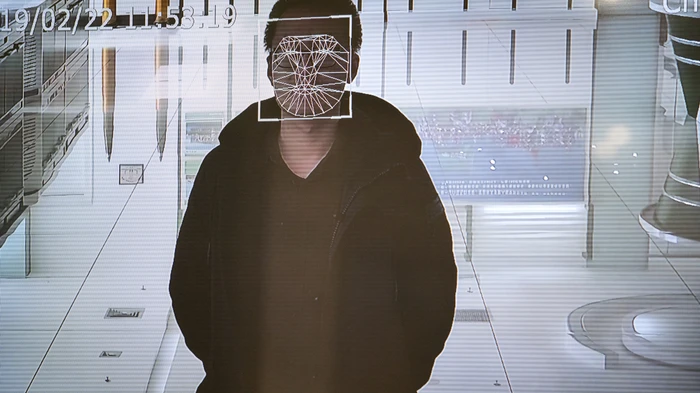
Amidst a growing nationwide resistance to facial recognition on college campuses, school administrators at Michigan's Oakland Community College (OCC) are blocking students’ organizing efforts to prevent the technology from being adopted.
Last week, the school's administrators canceled a forum event where the ACLU of Michigan and Detroit Justice Coalition were scheduled to speak on the subject. OCC’s administrators have also blocked attempts by the student government to pass non-binding resolutions that would ban the use of facial recognition on campus.
"The College does not presently utilize facial recognition technology,” the Associate Deans of Student Service wrote in a “reminder” to the organizers after canceling their forum event. “If, at some time in the future, we were to acquire this software (facial recognition), the College would adopt and establish appropriate and legal guidelines for its use.”
In an email to campus organizers, the school’s associate deans also emphasized that "Student Government (and all Recognized Organizations) will not be considering this subject further.” The statement goes on to say that "future [student group] meeting agendas (and all Recognized Student Organization agendas) will be rejected if this item is included."
In response to administrators canceling the forum event, which was to be sponsored by Students for Sensible Drug Policy (SSDP), digital rights group Fight for the Future and the ACLU of Michigan sent letters to the college warning that they may have violated the student's First Amendment rights and were at risk of a lawsuit. Once outrage from students and forum participants boiled over, administrators partially relented: they would permit the Facial Recognition Software event, but it could no longer be sponsored by SSDP, and thus would not receive school funding. As for any student government resolutions and agendas seeking to ban facial recognition, they would still be ignored.
None of this has provided any comfort for the forum’s participants or organizers.
"Any decision that infringes on the civil rights of students and the college community should be made with community input, especially decisions that sanction the use of racially discriminatory technologies such as facial recognition," the student group told Motherboard in a statement. "The administration's decision to censor our resolution and request to hold a forum isn't just disappointing; it's a threat to our privacy, security, and first amendment right to free speech."
Philip Mayor, senior staff attorney at the ACLU of Michigan, echoed concerns about OCC’s statement leaving the door open for future facial recognition. "When a governmental actor says ‘just trust us’ and attempts to shut down dialogue is exactly when we should be the most suspicious,” Mayor told Motherboard. “Setting aside what is legal or not, the students at OCC certainly have quite a lot of thoughts about what is “appropriate” for OCC to do with facial recognition technology—and OCC should not be afraid to hear those student voices.”
For the past few months, Fight for the Future, a digital rights organization, has helped spearhead a nationwide campaign to keep facial recognition surveillance off college campuses. Along with a network of activists across the country, they have been raising awareness about the technology’s potential for privacy abuses and its fundamental racial biases—which have been acknowledged even by the federal government.
"Facial Recognition software is notorious for having false positives that ultimately target and discriminate against communities of color," Sarah Noon, an SSDP organizer told Motherboard in a statement. "The idea of constant surveillance of students on any campus is inherently invasive.”
Dozens of national civil liberty organizations have also called for administrators to ban the technology on the grounds that it would reduce the safety of students of color, expose biometric data to potential hackers, and create an environment undermining academic freedom and personal expression. Just last week, the Senate introduced legislation to place a moratorium not only on federal use of facial recognition but the use of federal funds at the state or local level for the technology as well.
"The only appropriate guidelines for the use of facial recognition is to not use it," Evan Greer, Deputy Director of Fight for the Future, told Motherboard. “It’s also a bit of a joke that they'd develop legal guidelines since right now there are almost no laws governing the use of facial recognition. They could use it in all kinds of grotesque and violating ways and it would be perfectly legal. That's why our campaign is asking college administrations to listen to the growing consensus among security and human rights experts and make a clear commitment to not use this type of surveillance technology on campus.”
Source: vice.com




